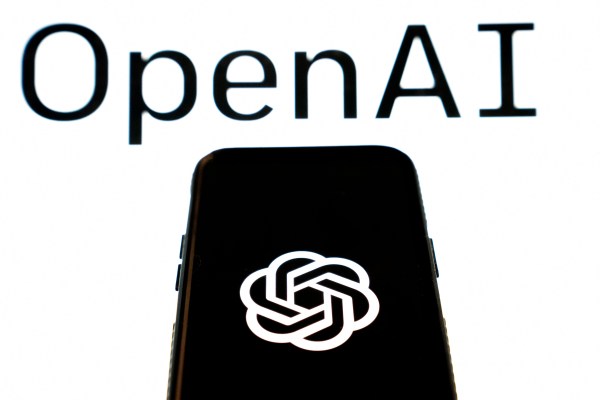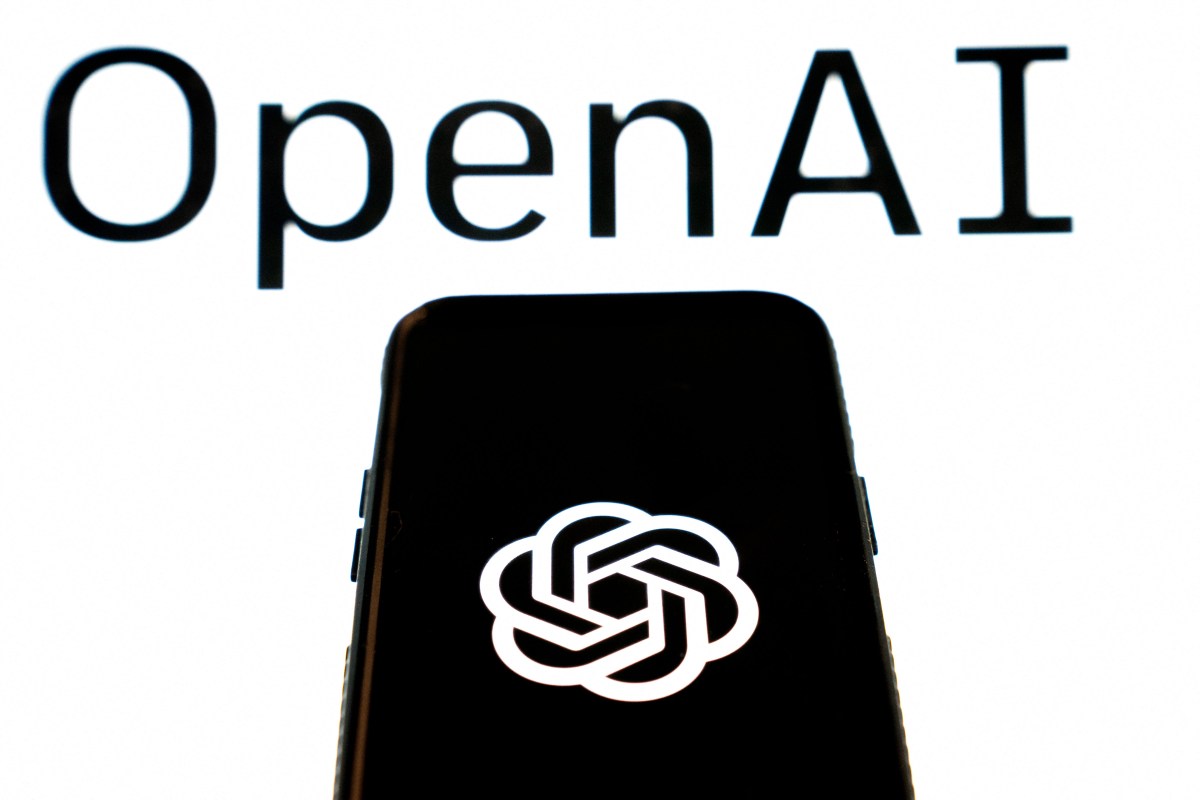Shutterstock expands deal with OpenAI to build generative AI tools

Shutterstock today announced that it plans to expand its existing deal with OpenAI to provide the startup with training data for its AI models.
Over the next six years, OpenAI will license data from Shutterstock, including images, videos and music, as well as any associated metadata. Shutterstock, in turn, will gain “priority access” to OpenAI’s latest tech and new editing capabilities that’ll let Shutterstock customers transform images in Shutterstock’s stock content library.
Shutterstock says that, in addition, OpenAI will work with it to bring generative AI capabilities to mobile users through Giphy, the GIF library Shutterstock recently acquired from Meta.
“The renewal and significant expansion of our strategic partnership with OpenAI reinforces Shutterstock’s commitment to driving AI tech innovation and positions us as the data and distribution partner of choice for industry leaders in generative AI,” Shutterstock CEO Paul Hennessy said in a press release.
Stock content galleries like Shutterstock and generative AI startups have an uneasy — and sometimes testy — relationship. Generative AI, particularly generative AI art, poses an existential threat to stock galleries, given its ability to create highly customizable stock images on the fly.
Contributors to stock image galleries, meanwhile, including artists and photographers, have protested against generative AI startups for what they see as attempts to profit off their work without providing credit or compensation.
Early this year, Getty Images sued Stability AI, the creators of the AI art tool Stable Diffusion, for scraping its content. The company accused Stability AI of unlawfully copying and processing millions of Getty Images submissions protected by copyright to train its software.
In a separate suit, a trio of artists are alleging that Stability AI and Midjourney, an AI art creation platform, are violating copyright law by training on their work from the web without their permission.
Some experts suggest that training models using public images, even copyrighted ones, will be covered by fair use doctrine in the U.S. But it’s a matter that’s unlikely to be settled anytime soon.
In contrast to Getty Images, Shutterstock — perhaps unwilling to hinge profits on a lengthy court battle — has embraced generative AI, partnering with OpenAI to roll out an image creator powered by OpenAI’s DALL-E 2. (The Shutterstock-OpenAI deal dates back to 2021, but the image creator didn’t launch until late 2022.) Beyond OpenAI, Shutterstock has established licensing agreements with Nvidia, Meta, LG and others to develop generative AI models and tools across 3D models, images and text.
In an attempt to placate the artists on its platform, Shutterstock also maintains a “contributor fund” that pays artists for the role their work has played in training Shutterstock’s generative AI and ongoing royalties tied to licensing for newly generated assets.




